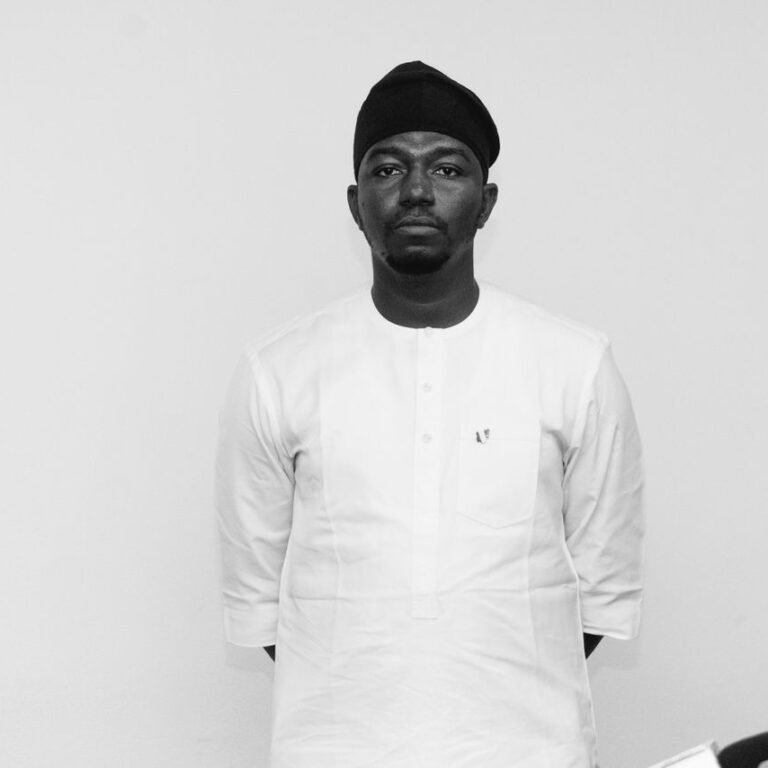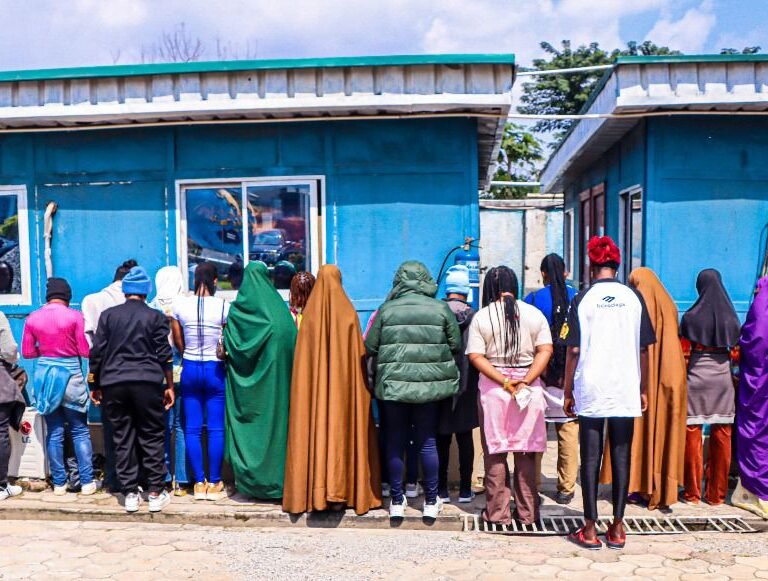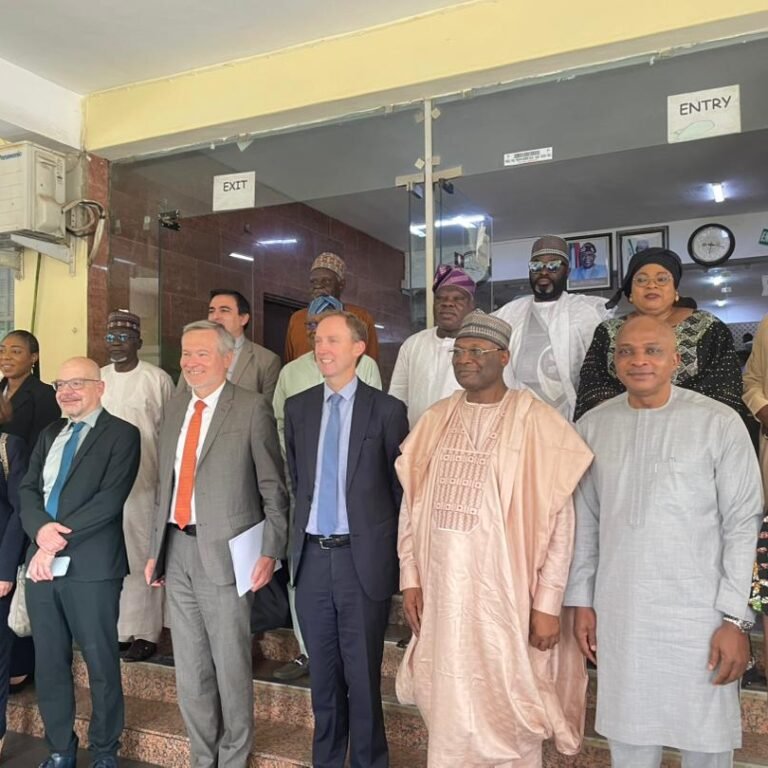
By Comrade Gerald O. Katchy
In a country where justice is expected to be blind, the Nigerian criminal justice system continues to expose its many faults chief among them, wrongful convictions. Two recent and deeply troubling cases those of Ogbonnaya Igbojionu and Peter Nwachukwu have brought the urgent need for systemic reform into sharp focus.
Ogbonnaya Igbojionu: 26 Years on Death Row
For over two decades, Ogbonnaya Igbojionu lived under the shadow of a death sentence, condemned for a crime under murky and questionable circumstances. With inadequate legal defense and a flawed trial process, his life was nearly lost to the gallows. However, in 2024, a flicker of justice prevailed when Abia State Governor, Dr. Alex Otti, exercised his constitutional prerogative of mercy and ordered Igbojionu’s release. This courageous act not only gave Ogbonnaya a second chance at life but spotlighted the silent suffering of many wrongly convicted Nigerians wasting away in prison.
Peter Nwachukwu: A Miscarriage of Justice
The case of Peter Nwachukwu, husband of late gospel singer Osinachi Nwachukwu, unfolded under intense media scrutiny and public emotion. Accused of causing his wife’s death through domestic abuse, Peter was arrested, tried, and sentenced despite mounting evidence suggesting otherwise. A comprehensive medical autopsy later revealed Osinachi died of cancer-related cardiac tamponade, not physical assault. Yet, the damage was already done. He became the scapegoat of a system too eager to punish before fully investigating, with courts granting interim reliefs in his case even before hearing the substantive matter. His ordeal underscores the dangers of hasty conclusions and a media-driven justice narrative.

The Deeper Crisis: A Broken System
These are not isolated incidents they are symptoms of a deeply flawed justice architecture:
Poor Investigative Procedures: Many cases start with inadequate or manipulated police investigations, often relying on forced confessions or unverified witness accounts.
Weak Legal Representation: The indigent often face trial without competent defense. Underfunded legal aid and an overstretched judiciary compound the injustice.
Delayed Judicial Process: Many accused persons spend years in pretrial detention, waiting for a justice that never comes.
Media Influence: Sensationalist reporting often fuels mob justice, leading to public trials that influence legal outcomes.
Lack of Medical/Forensic Rigor: Many autopsies and forensic investigations are either ignored or mishandled, as was initially the case with Osinachi’s death.
Neglected Prerogative of Mercy: Few governors exercise their power to pardon the wrongly convicted, leaving many to languish in prison without recourse.
Steps Toward Justice Reform
To prevent future tragedies like those of Ogbonnaya and Peter, Nigeria must implement bold reforms:
- Strengthen Police Investigations
Forensic units should be better trained and equipped. Law enforcement must be held accountable for coercion, torture, or falsified evidence. - Empower Legal Aid Services
The Legal Aid Council must be properly funded to assign experienced legal professionals not interns to defend vulnerable citizens. - Establish Special Courts for Appeals
Create fast-track tribunals for wrongful convictions and death penalty reviews to ensure quicker resolution and relief for affected persons. - Independent Forensic Oversight
Autopsies and forensic reports must be independently verified by competent professionals to avoid biased or incomplete evidence. - Enforce Media Responsibility
Journalists and media houses must avoid prejudicial reporting and uphold ethics. “Trial by media” has no place in a democratic society. - Exercise of Executive Clemency
Governors must use their constitutional powers of mercy responsibly to correct miscarriages of justice not as a political afterthought. - Set Up a Wrongful Conviction Review Commission
A standing judicial review body is needed to investigate claims of wrongful imprisonment and ensure victims are compensated fairly. Those who bear false witness, as in Peter’s case, must also face consequences even if they now seek divine forgiveness at altars.
A Call to Justice and Conscience
The names Ogbonnaya Igbojionu and Peter Nwachukwu should serve as more than tragic footnotes in our legal history. They must become rallying points for national reflection and reform. A justice system that cannot protect the innocent is a system in crisis.
Until Nigeria embraces fairness, diligence, and accountability in its legal processes, more lives will be lost not to crime but to a justice system that punishes the innocent while letting the guilty walk free.








